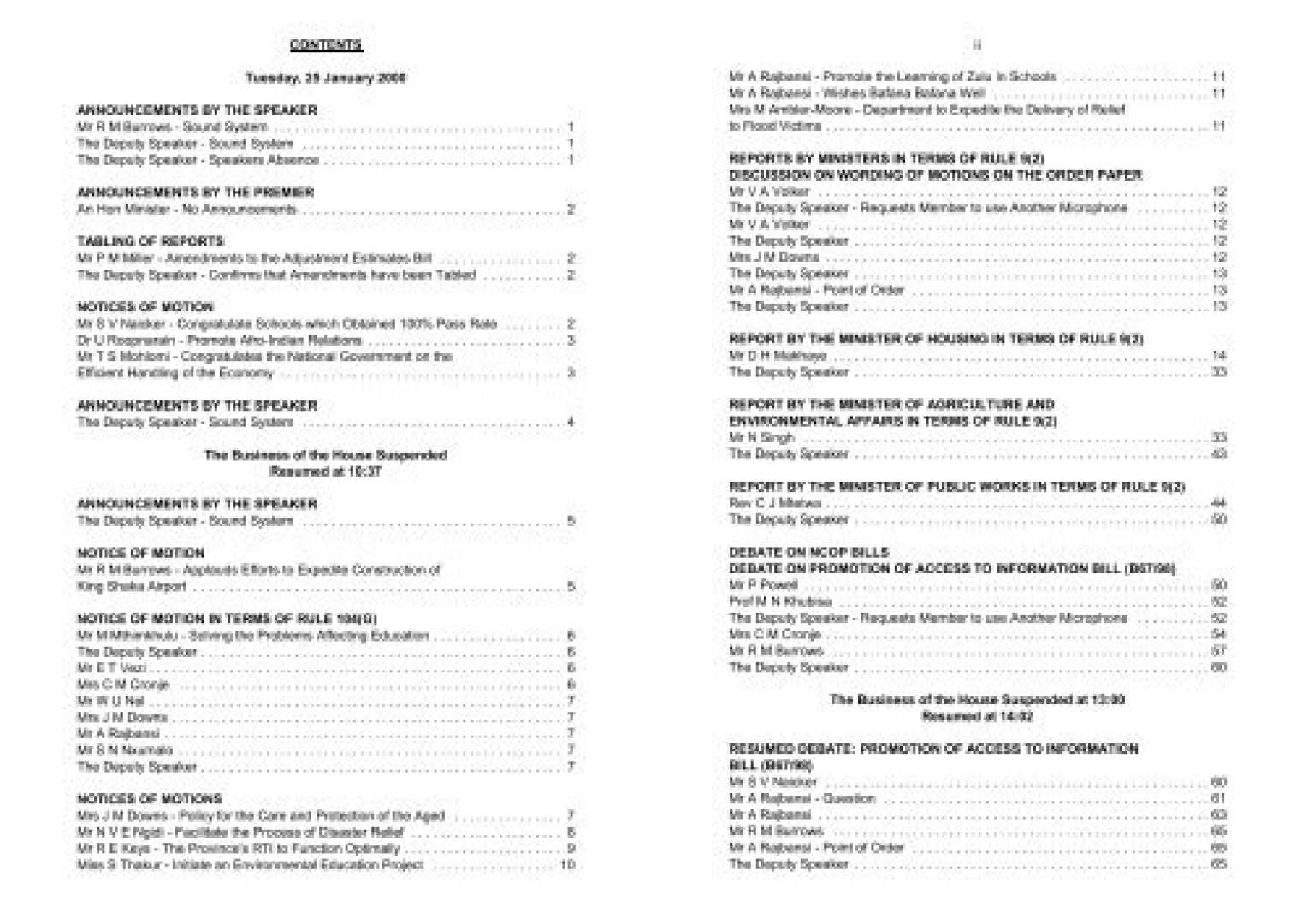News
SADTU Convenes 10th National Congress Amidst Educational Challenges

The South African Democratic Teachers’ Union (SADTU) has commenced its 10th National Congress in Boksburg, Ekurhuleni, marking a critical moment for educators in the region. The gathering, taking place from September 25 to September 28, 2024, at the Birchwood Hotel & Conference Centre, is set to host around 2,000 delegates from across the nation and abroad.
Deputy President Paul Mashatile is scheduled to deliver the keynote address on the first day. His speech is anticipated to shed light on the current administration’s stance on the teaching profession. The event will also feature messages from the tripartite alliance, as well as representatives from the departments of Basic Education, Higher Education and Training, and the international teacher union federation, International Education.
The Congress arrives at a tumultuous time for SADTU and its members, particularly due to recent developments in the educational legislative landscape. The Basic Education Laws Amendment (BELA) Act has been partially signed into law; however, two significant clauses have been omitted. This partial enactment has raised concerns within the union and among educational stakeholders, fearing it could impact their ability to effectively advocate for teachers’ rights.
Amidst these challenges, SADTU’s affiliate, the Congress of South African Trade Unions (COSATU), has expressed strong support for a successful and productive congress. COSATU, represented by its national spokesperson Zanele Sabela, remains critical of the government’s policy directions, especially in light of ongoing austerity measures that purportedly threaten the education sector by reducing teacher numbers.
The national congress of SADTU, occurring once every five years, functions as a platform to set policies aligned with its objectives, elect national leaders, amend its constitution, and review financial and executive reports. The expected turnout includes delegates from all nine provinces, sister unions, and various stakeholders, signaling the congress’s significance in shaping the future of education and union activities in South Africa.
As the congress continues, the focus will likely remain on fortifying the rights of its members and strategizing responses to potential government policies affecting education. Observers await the outcomes and resolutions that SADTU will deliver, which could influence the educational fabric of the nation.












